The U.S. Justice Department announced Wednesday that it is ending its China Initiative following calls by academic and civil rights groups to rescind the program because it has chilled academic collaboration and contributed to anti-Asian bias.
The decision was a result of a three-month evaluation undertaken by Matthew Olsen, head of the department's national security division, following a widespread outcry about the program.
"By grouping cases under the China Initiative rubric, we helped give rise to a harmful perception that the department applies a lower standard to investigate and prosecute criminal conduct related to that country — or that we in some way view people with racial, ethnic or familiar ties to China differently," Olsen said in a speech at George Mason University in Fairfax, Virginia.
He said the initiative, which was created to tackle purported economic espionage, was "myopic", chilled scientific research and created the perception that the department applied different standards to people of Chinese ethnicity. Olsen also said he had to be responsive to concerns he had heard, including from Asian American groups.
"The DOJ's 'China Initiative' is finally over and part of U.S.' (ugly) history. Whether racial profiling and the resultant damages will continue remains to be seen," Jenny Lee, a professor and dean's fellow for the Internationalization Center for the Study of Higher Education at the University of Arizona, wrote on Twitter.
She is among the nearly 2,900 faculty members, scholars and administrators from 230 U.S. institutions who called for Attorney General Merrick Garland to end the program. Lee's study of 2,000 scientists in the U.S. showed that 1 in 2 of Chinese descent feared being surveilled by the FBI.
Patrick Toomey, senior staff attorney at the American Civil Liberties Union's National Security Project, said dropping the program is "a welcome step", but it's "not enough to prevent discrimination from seeping into the FBI's investigations of Asian American scientists and others going forward", he wrote on Twitter.
Stop AAPI Hate, a coalition that tracks anti-Asian hate incidents, raised concerns that the China Initiative would continue under a new name — "Strategy for Countering Nation-State Threats".
"We're concerned that this new program will continue to target academics in the U.S. of Chinese heritage through grant-fraud cases, as well as through new civil and administrative approaches," the organization said in a statement.
The China Initiative was launched by the administration of former president Donald Trump in 2018. The program has resulted in dozens of prosecutions, but a recent report by the Massachusetts Institute of Technology's Technology Review found that only about one-fourth of defendants charged under the initiative had been convicted, and that 90 percent of the defendants were of Chinese heritage.
The report concluded that the program had strayed far from its claimed goal of combating economic espionage by focusing on "research integrity" issues, such as failures to fully disclose foreign affiliations on forms.
Asian Americans have said the initiative fueled racism, cast American scientists with ties to China as spies and treated paperwork violations as criminal acts.
Dropping the China Initiative, including its name, comes after a series of failed prosecutions of academics by the Justice Department.
Civil rights and business groups and universities also told the Biden administration that the effort had fostered suspicion of Asian professors working in the U.S., chilled scientific research and contributed to a rising tide of anti-Asian sentiment.
The first case to go to trial was against Anming Hu, a professor at the University of Tennessee in Knoxville, who was accused of hiding his ties to China when applying for research grants to work on a NASA project.
A federal judge acquitted Hu in September, saying the rules governing the research awards were confusing and that prosecutors had provided no evidence that the professor intended to deceive NASA.
Prosecutors have dropped other cases after problems with their evidence, including in January against MIT professor Gang Chen. A federal court in Boston dismissed charges against him of failing to disclose research ties to China, after the government acknowledged it could "no longer meet its burden of proof" at trial.
So far, eight cases under the China Initiative have been dismissed, all against researchers of Chinese descent. Six others are still pending, and all of the defendants are of Chinese background, according to APA Justice.
Olsen told reporters that he expected the department to continue bringing some of the types of cases that had been brought under the China Initiative.










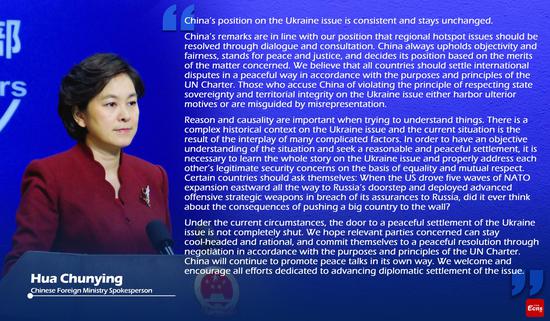
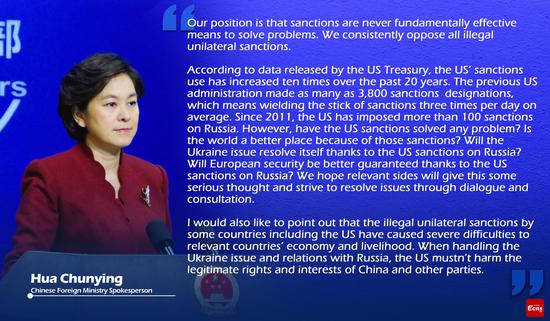


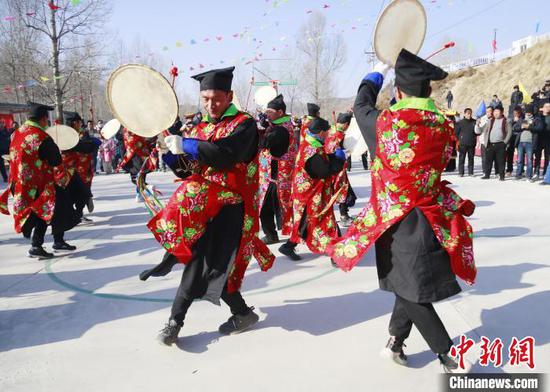
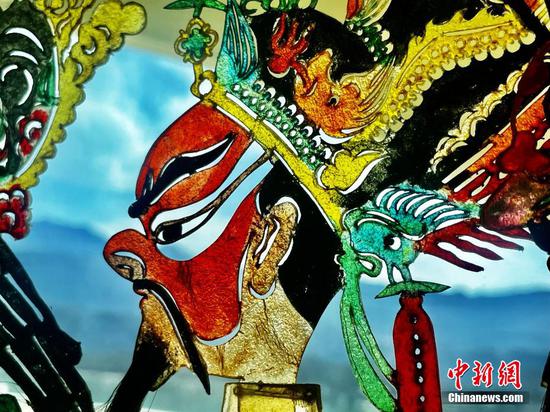



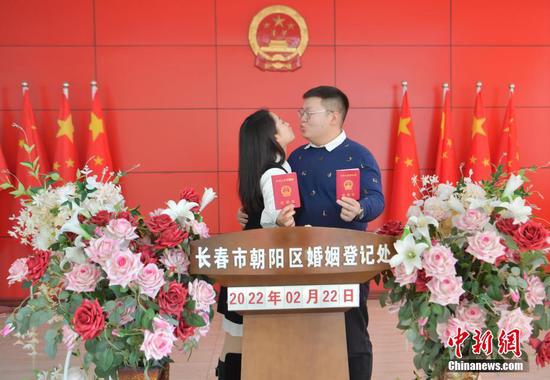










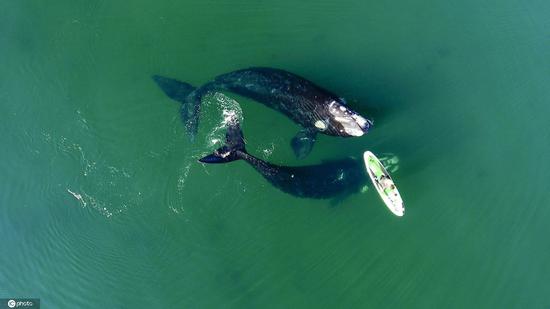






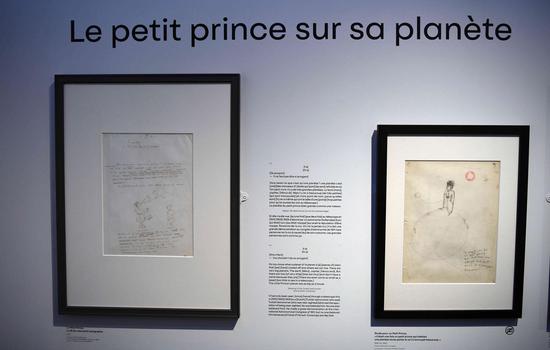

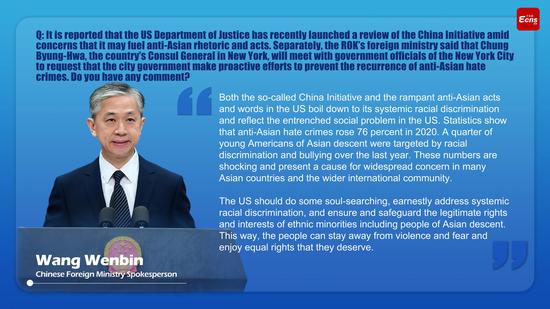



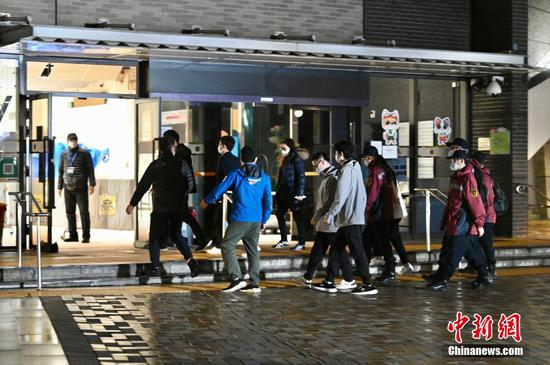






 京公网安备 11010202009201号
京公网安备 11010202009201号